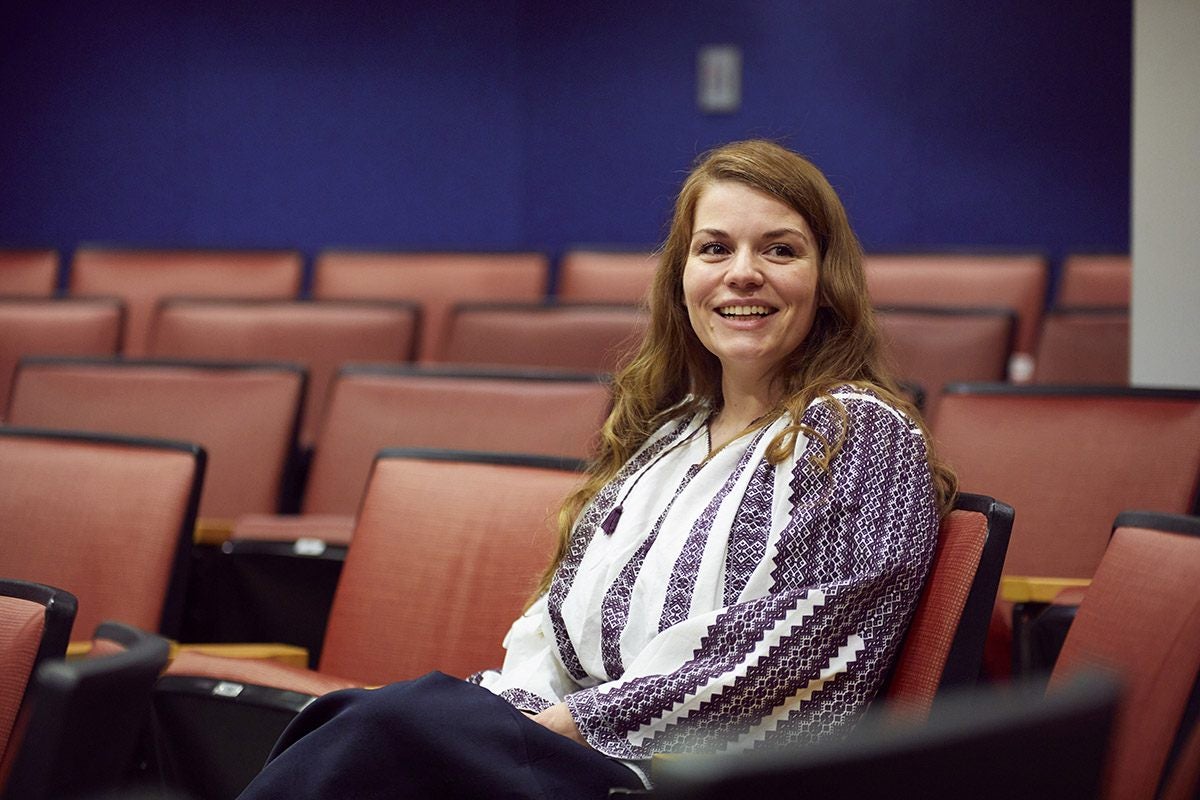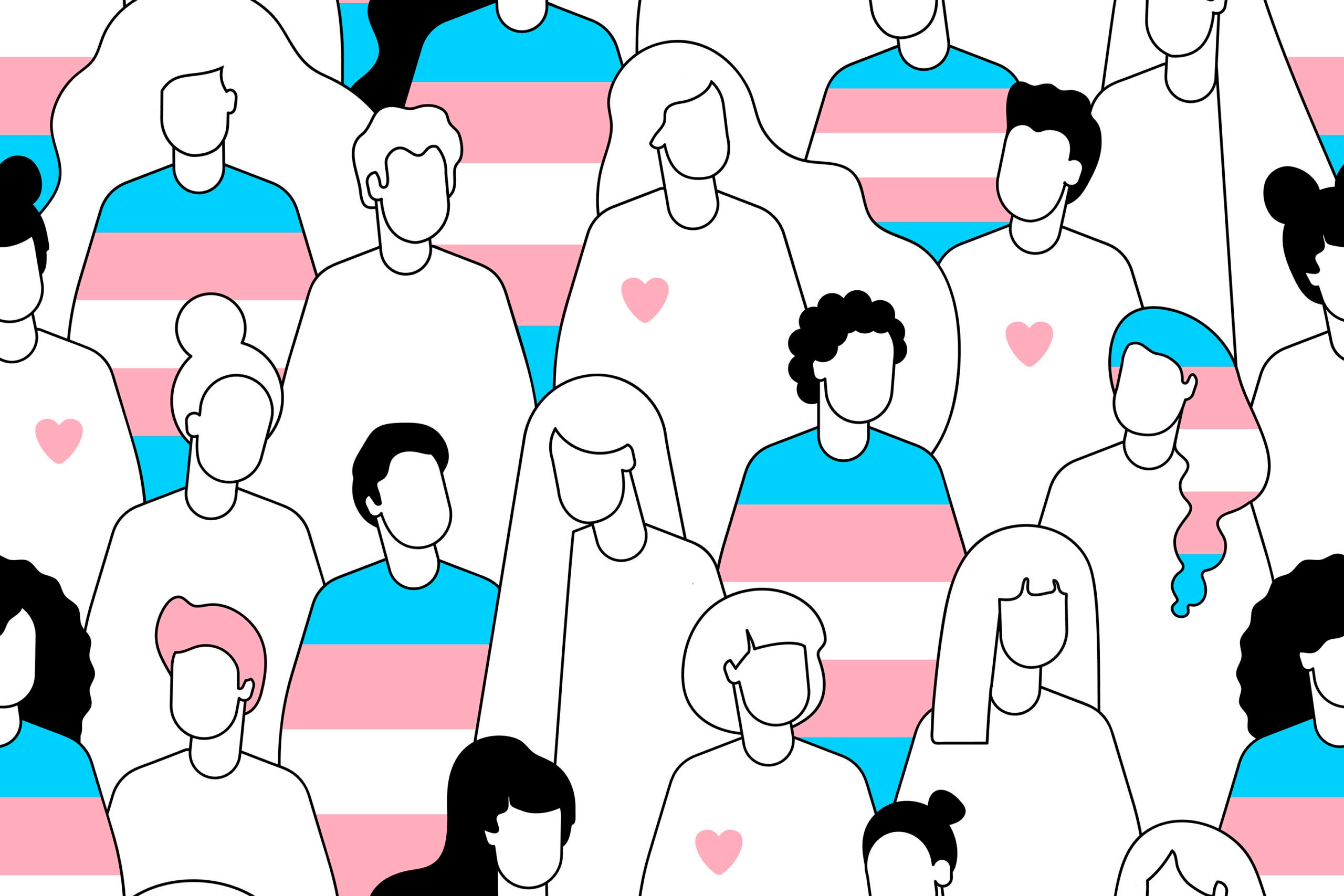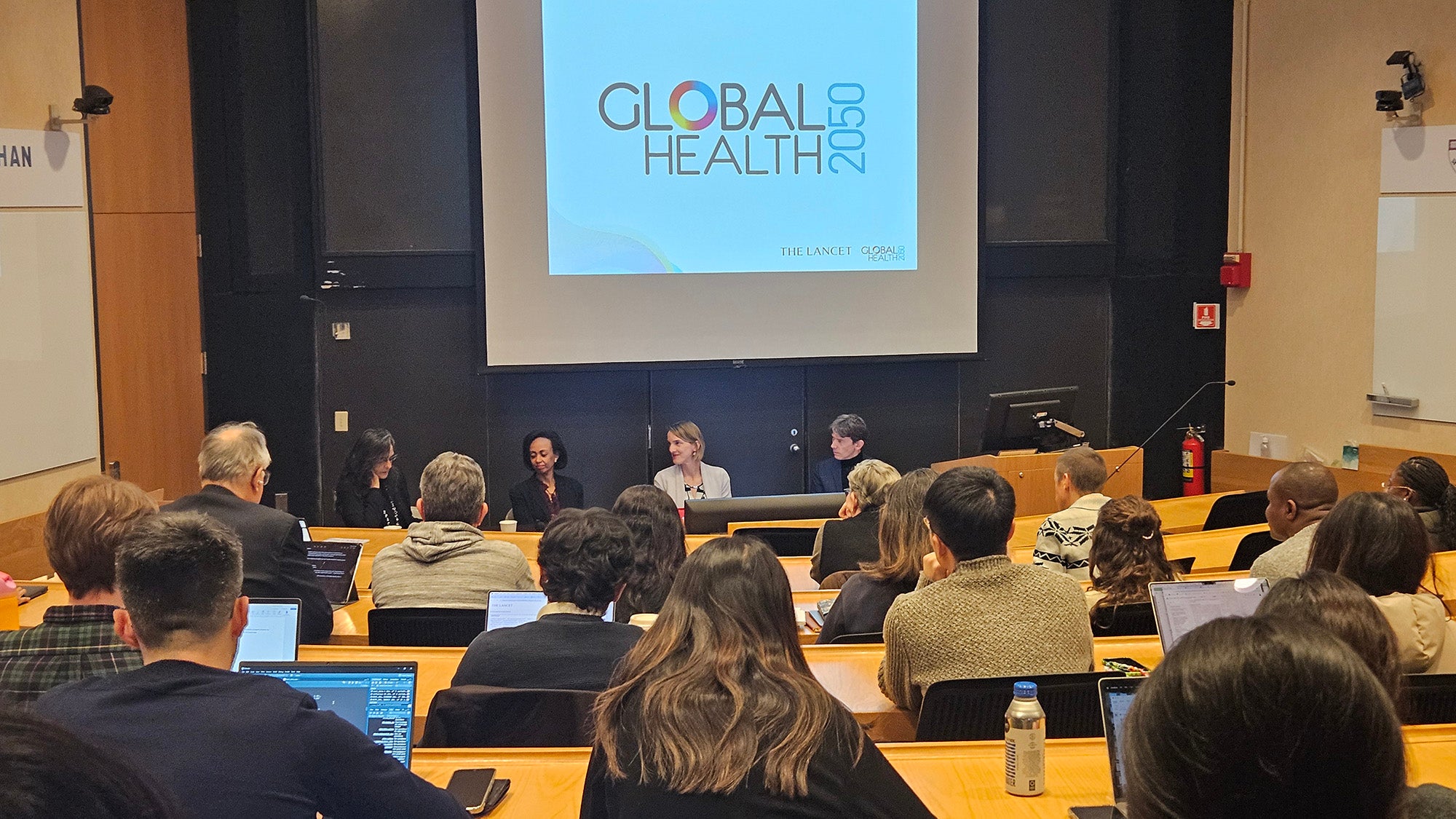Student’s journey to U.S. to save daughter sparks a career in public health

May 19, 2022—Oana Geambasu, MPH ’22, refused to accept that her newborn daughter’s congenital heart defects meant she would likely not live to her first birthday. Her international journey to save Sonia—now 14— turned Geambasu into a passionate advocate for increasing health care access. She came to Harvard T.H. Chan School of Public Health as a Fulbright Scholar and a recipient of the Kate and Murray Seiden and Frank Denny Fund for Children. In a recent interview, she described how she unintentionally became an adviser to Romania’s health minister, and how she’s working to reduce avoidable mortality in her country.
Before my daughter was born, I didn’t have any particular interest in health care. I was studying acting at the time. But when I had Sonia, I became so exposed to the health care system in Romania—and in the U.S. and Germany—that I became much more aware of what we lacked, and how we could improve. After we were able to fundraise and bring Sonia to Boston Children’s Hospital for treatment, we came back to Romania and the difference in hospital quality was staggering. I thought, there has to be something we can do. I founded the organization Asociatia Sonia Maria to help other children go abroad for treatment, and to advocate for health policy changes in Romania.
I brought Sonia to Boston Children’s Hospital for the fourth time in 2016, and we walked through the plaza at Harvard Chan School. They were putting up the tent for graduation, and I remember seeing all the flags from different countries. I picked up some leaflets from the School to read while my daughter was in the hospital. I became fascinated and started Googling to learn more. We had to stay in the area six weeks to wait for a follow-up checkup, and spent a lot of time in the Cambridge Public Library. While my daughter was reading, I started looking up research papers. By the time I went home, I’d written up what I now know is called a policy memo, advocating for expansion of neonatal hearing screening in hospitals in Romania. My daughter is deaf and her hearing age is below her chronological age, which means that her vocabulary is a little behind. I’ve learned that if children are diagnosed really early in life, their brain can grow with access to sound, which is better for their long-term development.
So, I sent the memo to the health minister in Romania, and he invited me in for a meeting. I came in, and by the end of the meeting he said he wanted me to stop talking about the problem and start working on it. To my surprise, he invited me to become his adviser and start right away.
I had no idea what an adviser to the health minister did, but I took the opportunity. I was lucky enough to have the support of all the stakeholders who had been advocating with me, and together we were able to create a comprehensive plan—and actually deploy it—in about three months.
When I started at Harvard Chan School, I was having revelations all the time, and I was always smiling. I’ve never had access to so much information, and to so many life-changing discussions. One thing I’ve learned is that when we’re developing health policies, the people who will be using them should be part of the process from the beginning. For example, what do I know about the struggles of people working in emergency rooms? They know their work best, and we should be humble enough to understand that.
I coordinated a population-based COVID-19 research project on behalf of the European Union. During my first semester at Harvard Chan School I worked with the University of Munich to conduct research on population based cohorts, with a total of around 500,000 participants in five countries—France, Germany, Italy, Luxembourg, and the Netherlands. This was the first such project looking at a pan-European population, not just specific countries. We wanted to understand COVID’s spread based on social and demographic factors like income and education, and were also looking at the prevalence of breakthrough infections, among other goals. I was taking classes remotely at the time, and was able to apply the epidemiology and biostatistics I was learning in real time to the study. Hopefully, this project will eventually lead to a pandemic playbook that the EU will be able to use if we will have further pandemics in Europe.
For my MPH practicum, I’ve been working with Professor Rifat Atun on assessing the causes of avoidable mortality in Romania. We have the highest rates in Europe, so, I wanted to understand what interventions would have the broadest impact. While I was working on this project, I had meetings with several different stakeholders in the Romanian government, and in April I was invited to present my results and recommendations to the prime minister’s office. I’ve also been offered support to implement my recommendations for a national action plan to treat stroke, in collaboration with the Romanian Society of Neurology, and have worked with the prime minister’s office to identify sources of funding.
Whenever I feel that the work is too much, I always think about the time when my daughter needed medical care to survive and she didn’t have access to it. What would I have wanted someone to do for me? That’s where I get the strength. Because if I have the opportunity to change things for one person in my country, it will be worth all the effort.
Photo: Kent Dayton
This story was updated on May 25, 2022.


